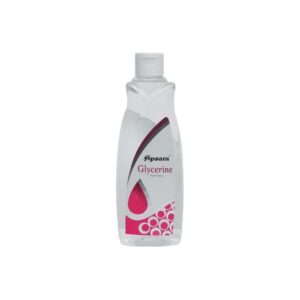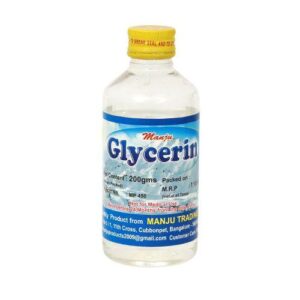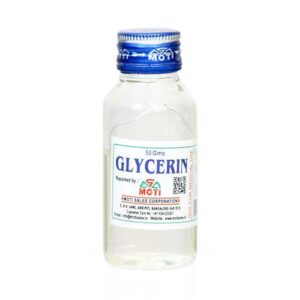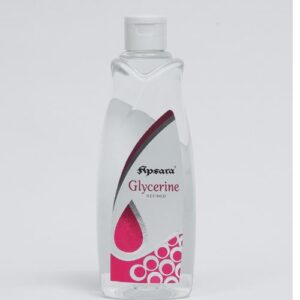GLYCEROL
GLYCEROL: Drug: Glycerol
Use: Glycerol is commonly used as a medication to treat various conditions such as constipation, brain edema, and intraocular pressure. It is also used as a lubricant in various pharmaceuticals and cosmetics.
Mechanism of Action: Glycerol acts as an osmotic laxative when used for constipation. It draws water into the intestines, softening the stool and facilitating its passage. In the case of brain edema, glycerol acts as an osmotic agent that reduces brain swelling by pulling excess fluid out of brain tissues. For reducing intraocular pressure, glycerol dehydrates the vitreous humor and aqueous humor, leading to a decrease in pressure.
Dose: The dose of glycerol depends on the individual and the condition being treated. For constipation, the usual adult dose is 15-60 mL taken orally, while for brain edema, the typical adult dose is 1.1-1.5 g/kg orally or intravenously. In the case of reducing intraocular pressure, a 50-70% solution of glycerol is typically administered orally at a dose of 1.5-1.8 g/kg.
Side Effects: Common side effects of glycerol include diarrhea, abdominal cramps, bloating, flatulence, and nausea. These side effects are usually mild and resolve on their own. In high doses, glycerol can cause headache, vomiting, hypotension, electrolyte imbalances, thirst, and dehydration. Rare but serious side effects include an allergic reaction, chest pain, irregular heartbeat, and seizures. It is advised to consult a healthcare professional if any adverse effects occur.




